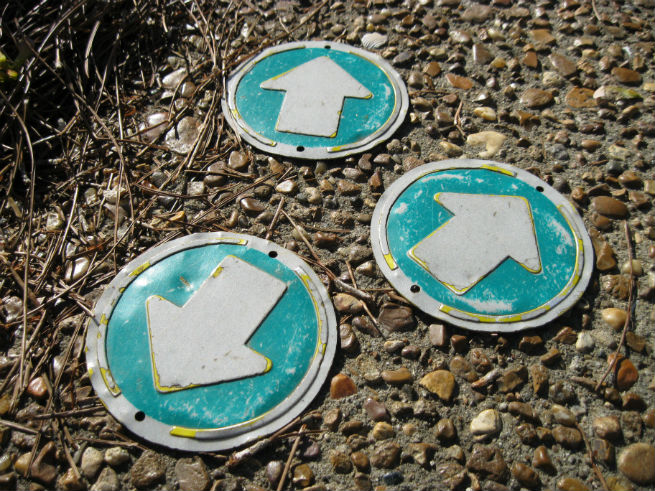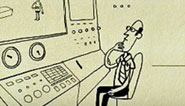 Make a choice... wisely?
Make a choice... wisely?
For years, economists and psychologists have argued about whether the standard model that economists use to explain how people make decisions is correct. It says that people make rational choices: they weigh all the options against a well-defined set of preferences to choose the one which makes them happiest, or is the most valuable to them.
These preferences – and what a person can afford – define what they are willing to pay for goods and services. Businesses and governments around the world use this view of human behaviour as the basis for weighing the benefits and costs of decisions affecting trillions of pounds every year.
Psychologists are also interested in people’s choices, particularly the effect of emotions. Much of this complements economists' standard view of us. Take emotions related to the object of choice, for instance. If I choose to watch my local football team, part of the attraction might be knowing I will be nervous but excited. I’m making a rational choice to experience the emotion as part of the “pay-off”.
You can say the same about emotions that occur at the moment of decision and are directly related – we call these integral emotions. Suppose you sign up to retrain as a driving instructor. Because of the risk in changing careers, the act of signing up can evoke feelings of fear and even pleasure that help explain the choice. Where the previous example was about choosing in anticipation of excitement to come, here you experience it immediately. Again, however, it is a rational choice to experience the feeling as part of the decision.
But there’s a third category of emotions that should play no part in a rational choice – incidental emotions. For instance, I am very happy because my football team has won the cup and now I am choosing what to have for dinner. An economist who believes purely in rational actors would say this happiness should not affect what I eat.
Yet behavioural scientists have produced plenty of evidence to the contrary in recent years. They have shown that incidental emotions affect our judgement, decision making and reasoning. They have also shown that changes in people’s happiness can affect the stock market.
This has not been the only challenge to economists' standard model. Behavioural scientists and psychologists have also demonstrated that context can affect decisions – for instance, that people can view choices differently over time – and that we perceive gains and losses differently. Yet these insights are not inconsistent with rational choices. Economists have used them to refine their theories and data analysis.
Incidental emotions are more of a problem. If our choices can be governed by unrelated emotions, we are not always rational after all and economists' tools based on rational choice are undermined. Perhaps for this reason, economists have never to my knowledge taken these findings any further.
To our surprise, the participants' emotional state had no significant effect on their choice. Having ruled out the possibility that the films had not worked, our results appear to go against psychologists' findings about incidental emotions and instead endorse rational choice. Why?
It might be because people were being asked to make choices over a public good where many people would benefit. Emotions may have a different effect on our choices over public goods than private goods. Or it could be because our participants were making choices about intentions. There’s a well-developed body of theory that questions the link between what we intend and what we do.
In short, more work is required to understand how our findings fit into the developing picture about people’s choices. The difference between public and private goods looks a particularly worthwhile avenue. If economists' view of behaviour is to remain credible, it is time they examined this area.
In the meantime, we are looking into another area where insights from behavioural science and psychology are ripe for consideration by economists: how choices are affected by your personality type.
This article was originally published by The Conversation under a CC-BY-ND licence

Rate and Review
Rate this article
Review this article
Log into OpenLearn to leave reviews and join in the conversation.
Article reviews